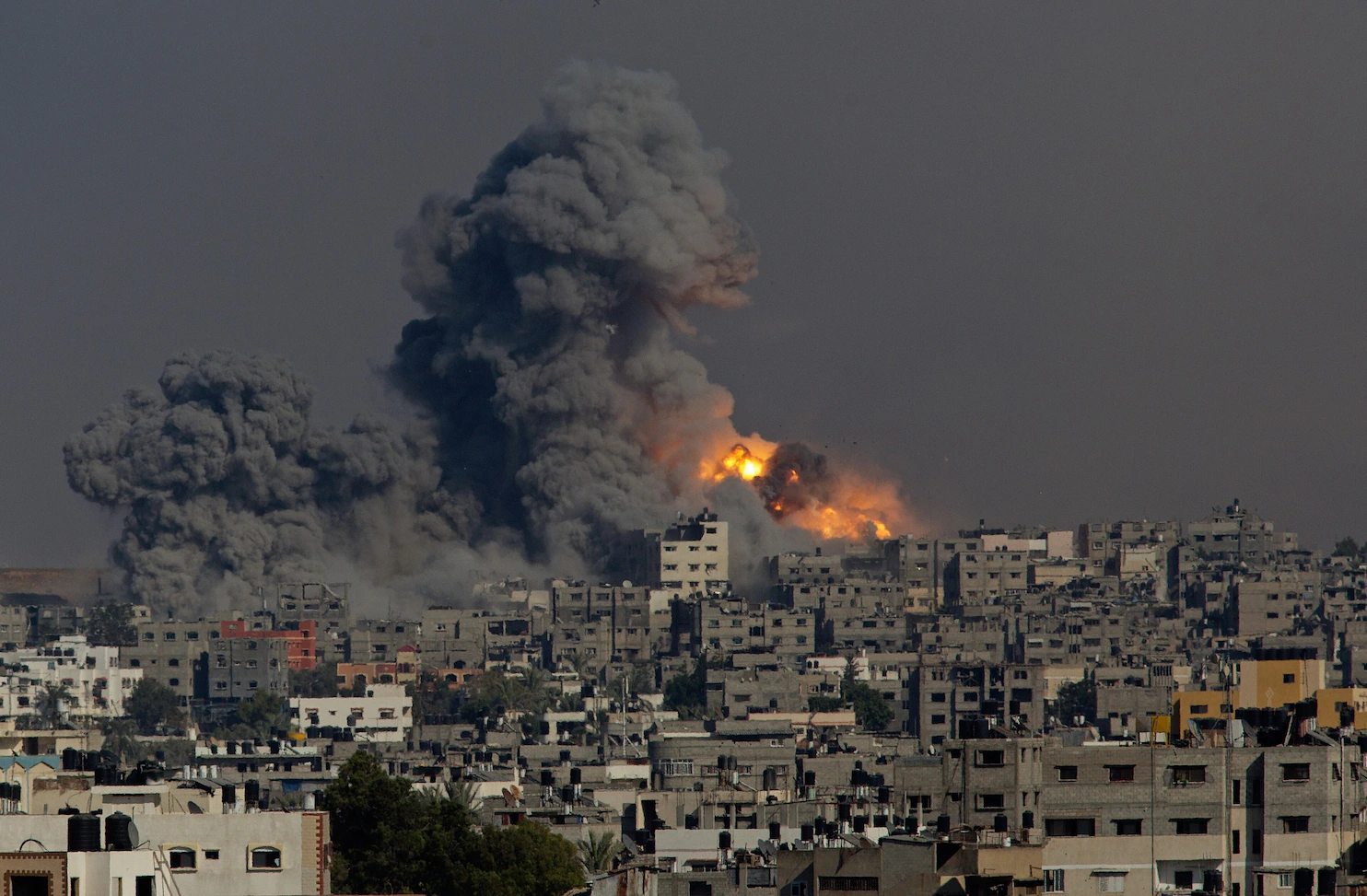
Critics argue that Khamenei’s lament for Gaza and Palestine is a strategic facade meant to overshadow Iran’s alleged role in regional destabilization.
In his address,Khamenei declared, “This spirit of anger that has arisen in the people will create reactions. No one can stop this reaction.” His speech appeared to be a call to arms, designed to reinforce his position as a figurehead in the Muslim world. Khamenei chastised Arab and Muslim nations, urging them not to lag in the collective response he advocates for.
Observers suggest that Khamenei’s stance is propped up by perceived Western inaction and a policy of appeasement towards Iran’s purportedly aggressive tactics. The supreme leader’s threats, according to some, are a smoke screen for the vulnerability of a regime wary of the potential for its own destabilization amidst the regional chaos it is accused of fostering.

A telling observation was published by Le Monde on October 21, drawing a metaphor between the Iranian regime’s alleged instigation of conflict and the danger such a strategy poses to the instigator: “By blowing too hard on the fire, the danger of the blower catching fire increases if the wind blows in the opposite direction.”
This sentiment echoes the long-held view that the Iranian government has leveraged external conflicts as a lifeline to detract from internal discontent. High-ranking officials within Iran have purportedly admitted to engaging in foreign conflicts as a defensive tactic to prevent domestic challenges to their power.
Yet, the crux of the issue, as some analysts point out, lies in the response of Western powers. They argue that peace will remain elusive in the Middle East as long as the current regime governs Iran, a reality that calls for an unyielding approach from the international community.

Calls for action include the designation of the Islamic Revolutionary Guards (IRGC) as a terrorist organization, which critics of the regime argue is a critical step towards curtailing Iran’s alleged belligerence.
Amidst this turbulent backdrop, the Iranian Resistance, comprising Resistance Units and the nation’s youth, continues to challenge the status quo, embodying the potential for change that the Iranian people possess. Their persistent struggle for freedom stands as a testament to the regime’s greatest fear a fear of the Iranian people’s capacity to instigate meaningful change and restore peace within the region.

MEK Iran (follow us on Twitter and Facebook), Maryam Rajavi’s on her site, Twitter & Facebook, NCRI (Twitter & Facebook), and People’s Mojahedin Organization of Iran – MEK IRAN – YouTu







